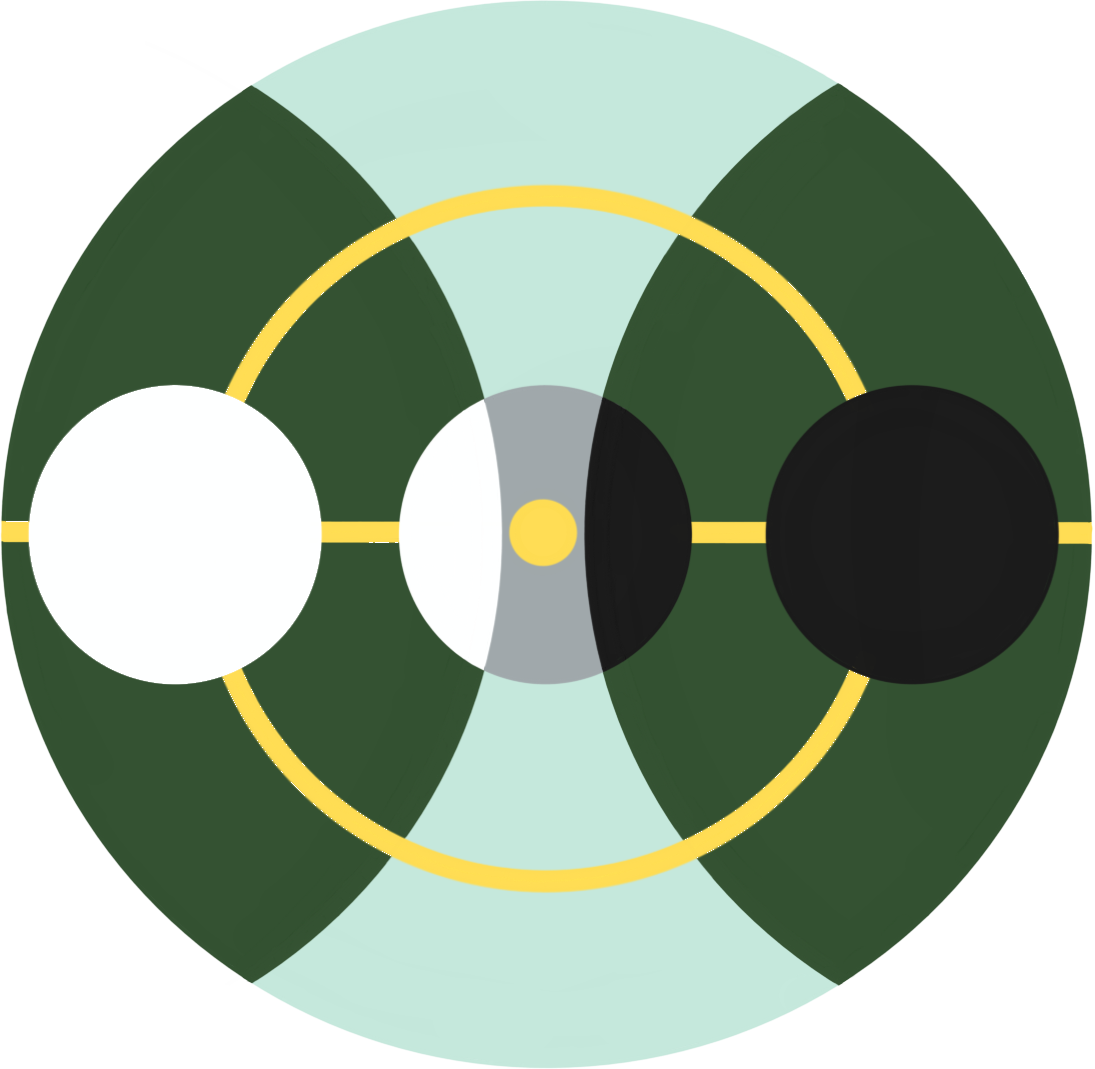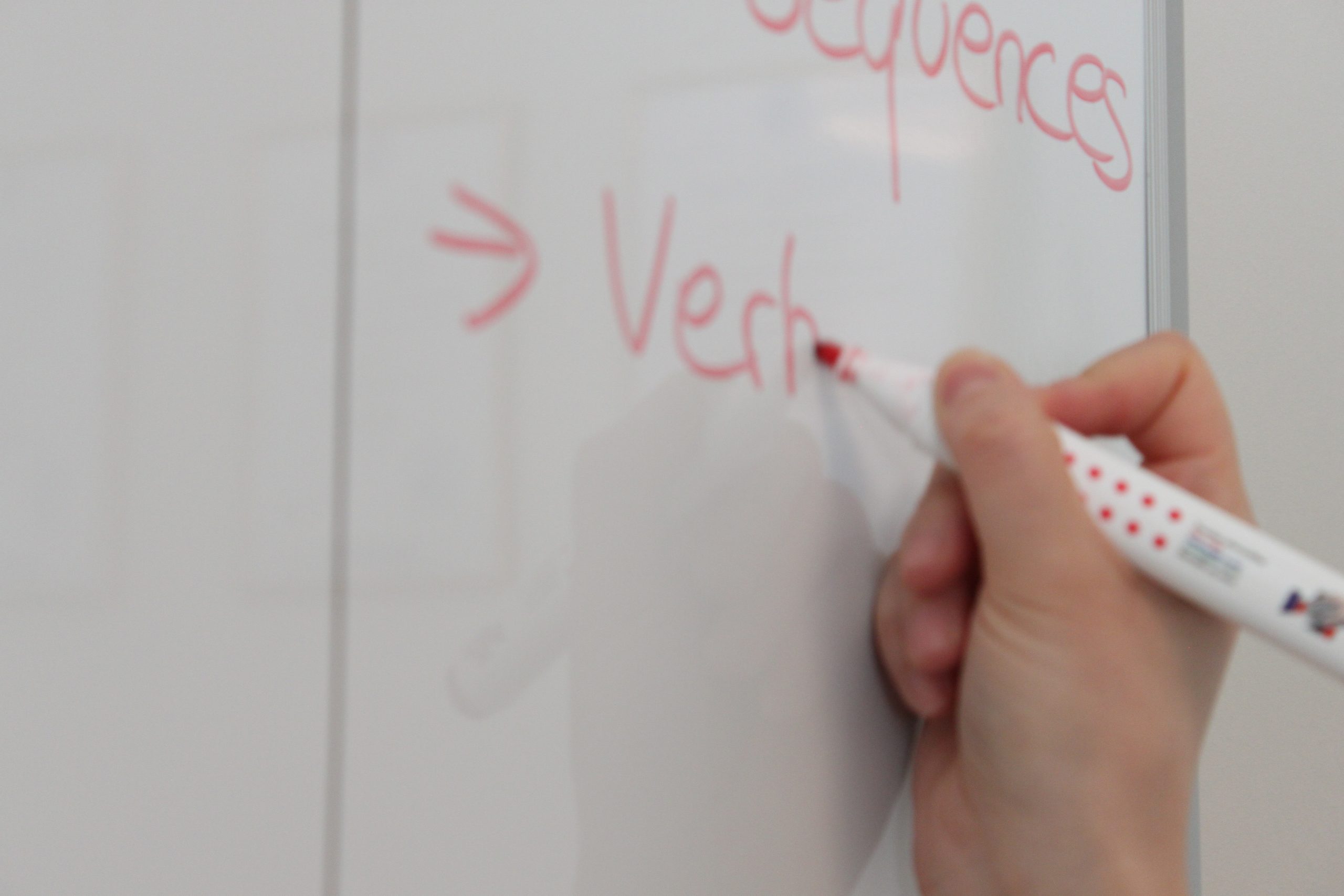Behavioral Therapy
Behavioral therapy briefly explained
Behavioral therapy (BT) is a generic term for a whole spectrum of forms of psychotherapy. In all of them, however, the focus is on helping people to help themselves. BT assumes that symptoms of illness are signs of learned misconduct. The faulty behavioral patterns, which usually begin in early childhood, can thus be changed again through new learning processes.
Cognitive behavioral therapy (CBT) is considered symptom-oriented because it focuses on treating individual symptoms. Central to CBT are the problematic behavior and the conditions that cause and maintain the unwanted symptoms.
Today, cognitive behavioral therapy, in combination with classic behavioral therapy methods, is one of the most effective psychotherapeutic methods for a range of mental disorders.
Cognitive therapy aims to help the patient recognize irrational dysfunctional patterns of thinking, such as thinking errors and negative automatic thoughts, and to replace them with alternative, healthy thought and imagery patterns. This is called cognitive restructuring.
How we proceed
First, we look together at how the current problems/symptoms came about, because insight and knowledge are an important first step in any case. I will then provide you with methods for overcoming these problems, which we will practice, use in a targeted manner, and combine with a relaxation method that suits you. These methods include skills training, problem-solving, and stress management. By learning the methods, your skills will develop and improve. In this way, we expand your capacity to act and enable you to better self-regulate, so that personal challenges can be mastered and unwanted behavioral patterns can be unlearned or replaced by new ones.
Behavioral Therapy
Behavioral therapy briefly explained
Behavioral therapy (BT) is a generic term for a whole spectrum of forms of psychotherapy. In all of them, however, the focus is on helping people to help themselves. BT assumes that symptoms of illness are signs of learned misconduct. The faulty behavioral patterns, which usually begin in early childhood, can thus be changed again through new learning processes.
Cognitive behavioral therapy (CBT) is considered symptom-oriented because it focuses on treating individual symptoms. Central to CBT are the problematic behavior and the conditions that cause and maintain the unwanted symptoms.
Today, cognitive behavioral therapy, in combination with classic behavioral therapy methods, is one of the most effective psychotherapeutic methods for a range of mental disorders.
Cognitive therapy aims to help the patient recognize irrational dysfunctional patterns of thinking, such as thinking errors and negative automatic thoughts, and to replace them with alternative, healthy thought and imagery patterns. This is called cognitive restructuring.
How we proceed
First, we look together at how the current problems/symptoms came about, because insight and knowledge are an important first step in any case. I will then provide you with methods for overcoming these problems, which we will practice, use in a targeted manner, and combine with a relaxation method that suits you. These methods include skills training, problem-solving, and stress management. By learning the methods, your skills will develop and improve. In this way, we expand your capacity to act and enable you to better self-regulate, so that personal challenges can be mastered and unwanted behavioral patterns can be unlearned or replaced by new ones.

